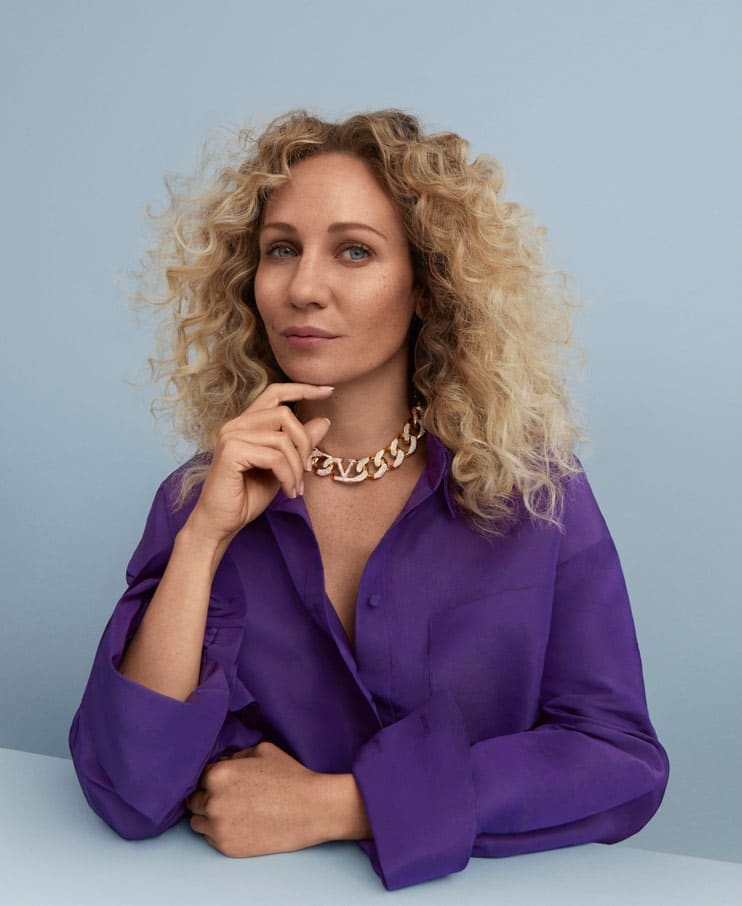Over the past three years, there has been a marked increase in the number of women pursuing entrepreneurship, with an estimated 40 per cent of new businesses in the United States started by women. In Australia, we’ve seen similar growth, with the number of businesses owned by women increasing to over 35 per cent in 2022.
There are many reasons that we are seeing more women show interest in owning their own business. Widespread layoffs during the pandemic contributed to an initial rise in female entrepreneurship in 2020, along with the need for flexibility. Being able to pursue their passions and charge what they’re worth are other key drivers for women looking to be their own boss.
However, despite the marked increase in women’s engagement in entrepreneurial activity, there are still many more male than female entrepreneurs in most countries, and there is also a need for greater support and funding for women looking to start and scale their businesses.
Below, five women who are members of the global non-profit Entrepreneurs’ Organization community share their thoughts on what it’s like to own their own business and how entrepreneurship can become a more inclusive space for women.
1. Annika Launay, CEO of Franc.World

Entrepreneurship is a vital driver of innovation, job creation, and economic growth. However, it has long suffered from a lack of inclusivity, with certain groups being underrepresented and facing significant barriers. As an example, only 3 per cent of venture capital funding went to all-female-founded startups in 2022.
Franc.World aims to change this narrative by opening the doors to conversations about self-discovery and future career paths at a younger age through their multimedia offering that includes books, documentaries and podcasts.
Our mission at Franc.World is to create a world where entrepreneurship knows no bounds and where everyone can thrive and contribute to a better future. We want to empower every Australian girl to reach her full potential to help eliminate career-based gender stereotypes and to create a truly equitable, inclusive and prosperous society for all.
By fostering early exposure and education about entrepreneurship and other career paths, Franc.World is paving the way for an inclusive landscape where everyone has equal opportunities to succeed. After all, you can only be what you can see.
2. Jenifer Clift, Director of Tenassia Pty Ltd

Seeing more women on boards of top organisations and in political leadership roles would have a significant impact on entrepreneurship for women. Setting the tone from the top that women belong in leadership roles and having women’s voices championed in decision making for business is an important starting point.
Having women on the boards of organisations for entrepreneurs specifically is also essential and is something Entrepreneurs’ Organisation has been committed to improving, offering equal representation where it matters.
3. Liberte Guthrie, Founder of Liberte Property

Mentoring opportunities are less often afforded to women. Building a strong and successful business often relies on having a strong network, though women are significantly disadvantaged in this regard. Research from LinkedIn found the ‘Gender Network Gap’ where women were 14%-38% less likely to have a strong and diverse network, held true across almost every country they looked at.
This may be due to existing male dominant networks that operate on dated values and non-welcoming environments, family commitments coinciding with networking opportunities or socialisation and the tendency for women to put their hand up less or ask for support less. Further to this there are less women at the top, which means you are less likely to be able to find and connect with one, find a female mentor in your field or one who can truly support you.
Either way, technology is slowly making it easy for women to find supportive female networks, when and where it suits them, and groups like Entrepreneurs’ Organisation are committed to running initiatives that connect women entrepreneurs with successful mentors who have achieved what they hope to. If your network is your net worth, fortunately the opportunities for women are changing in this regard and more initiatives and groups are emerging to support women’s entrepreneurship.
4. Emilya Colliver, Director of Art Pharmacy & Sugar Glider Digital

Greater support for female entrepreneurs in the early stages of their careers is essential to fostering a more gender-inclusive entrepreneurial environment. Women need equal access to education, training and business opportunities.
An OECD report on women’s entrepreneurship issues and policies states: ‘Not only have women lower participation rates in entrepreneurship than men but they also generally choose to start and manage firms in different industries than men tend to do. The industries (primarily retail, education and other service industries) chosen by women are often perceived as being less important to economic development and growth than high technology and manufacturing.’
This not only reinforces gender stereotypes but also limits the potential for innovation and growth in these industries. By encouraging women to continue their education across a broader range of industries, we can create a more diverse and inclusive entrepreneurial ecosystem.
This increased diversity will lead to fresh perspectives, new ideas, and a greater variety of products and services, ultimately driving economic expansion. When we can create equal opportunities for education and training, we can see greater equality for women in business.
5. Clare Sheng, Director of The Fitting Room on Edward and The Modern Gentry

To improve gender equality in entrepreneurship, it is important for workplaces to be more transparent about their diversity, equity, and inclusion programs. When organisations openly support these initiatives and provide clear information about their implementation, it helps promote a more diverse and inclusive work environment.
However, simply hiring for diversity is not enough. Workplaces need to go beyond that and embed these initiatives into their culture. This can include measures like supporting women with families, respecting different religious and cultural holidays, and creating an environment where equal treatment is the norm.
To create a more equal playing field for women entrepreneurs, actions must be taken at various stages, starting from providing quality education and support and extending to ensuring representation of women on boards, particularly in organisations that can help bridge the funding gap for women’s businesses. The potential of women entrepreneurs is largely untapped and governments and businesses should make more efforts to support and harness this economic opportunity.


